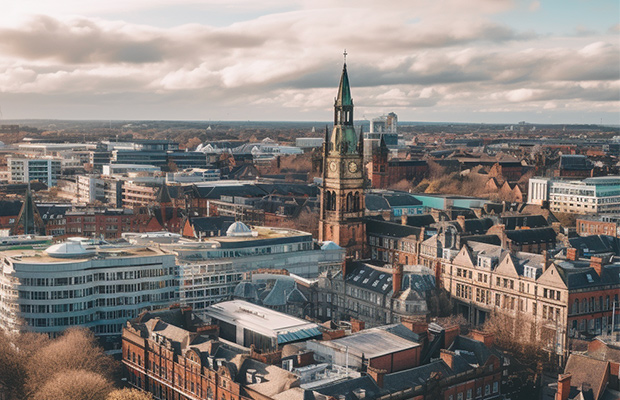Role Characteristics
- Help people with medical or health problems by carrying out diagnosis, investigation, treatment, and referrals to other teams
- Liaise with medical professionals in the community and hospital settings
- Maintain confidentiality and impartiality with their patients
- Promote healthy lifestyles and behaviours to the general public to encourage good health
- Keep up to date with medical developments, new treatments and medications to be aware of future developments in medicine
- Observe and assess the work of trainee GP's and medical students to help them learn
Skills
- Active listening
- Advice giving
- Decision-making
- Empathy
- Resilience
- Communication
Day in the life
Watch this video to find out more about work as a GP.
Routes into this role
Here are some example routes that can lead into this role.
- GCSEs
- A-Levels
- Undergraduate degree
How to become
You will normally need a minimum of 8 GCSEs including English, maths, biology and chemistry.
You will normally need 3 A-Levels including chemistry and biology.
You may want to volunteer or complete work experience prior to submitting an application for medical school, to help you gain an understanding of the medical profession.
You will attend medical school and earn a degree in medicine which takes 5 years. Following your degree you'll spend two years working in a range of medical specialties before you specialise in general practice.
It is important to check your preferred course provider's entry requirements for guidance.
To practice as a GP, you must be registered with the General Medical Council (GMC).
Where can this role lead
No matter what role you start in or where you are in your career path, there are always opportunities to develop and progress in health and care.
You could specialise in areas such as sports medicine, adolescent health, diabetes or palliative medicine, get involved in research at universities, the NHS or the private sector and teach medical students or postgraduate doctors in training.
Many GP's look to become a partner within a surgery, which means that you'll take on responsibility for the business-side of the practice and will have more control over the direction the practice takes.
Location
-
Community Settings
-
Peoples Homes
-
Care Homes
-
GP Practices
Working hours
-
Weekdays
-
Part Time
-
Full Time
-
Flexible Hours
-
Overtime
-
Casual Hours
Leeds Opportunities


Undergraduate Degree courses in Medicine
- Organisation
- University of Leeds
Volunteering in Health and Care
- Organisation
- Volunteering Opportunities